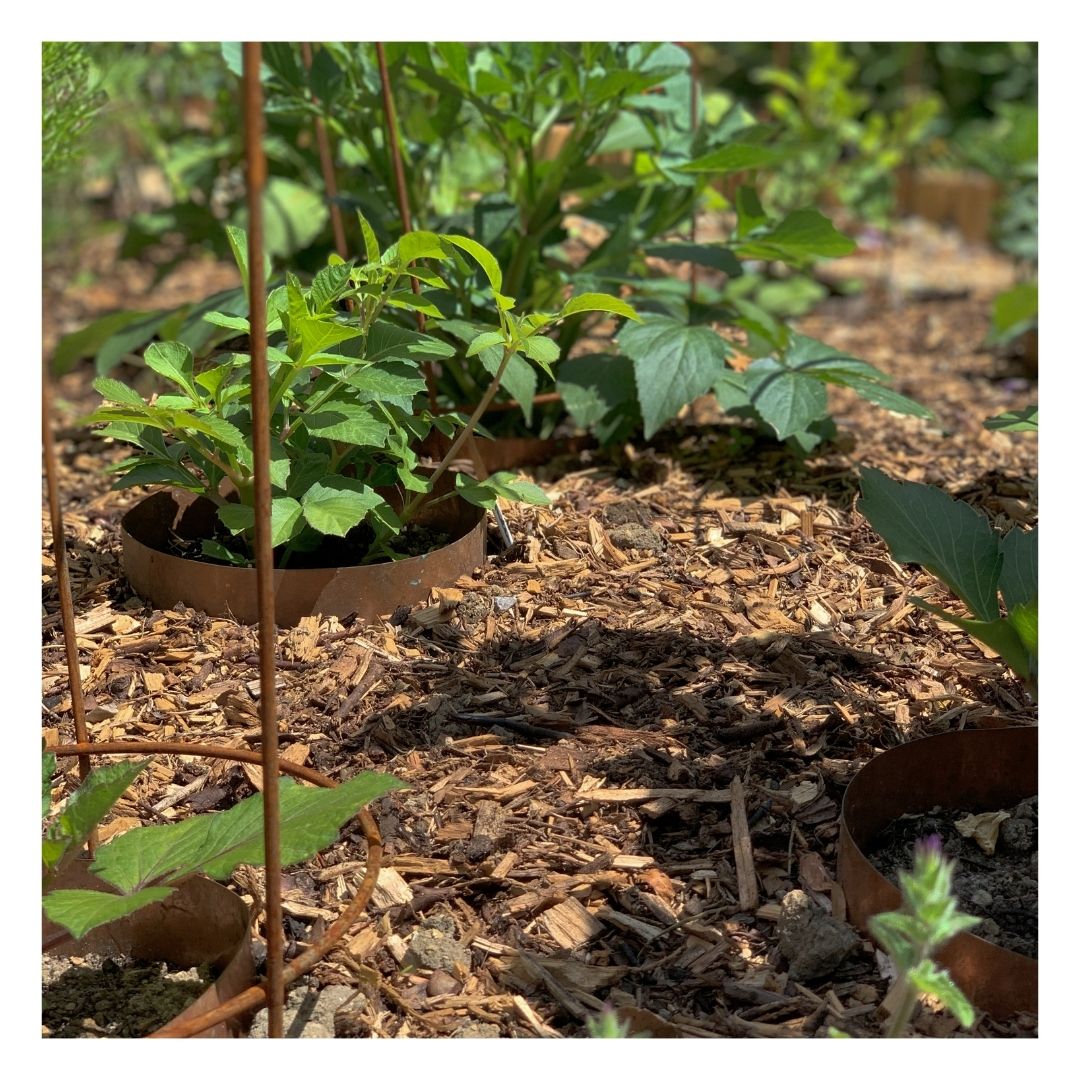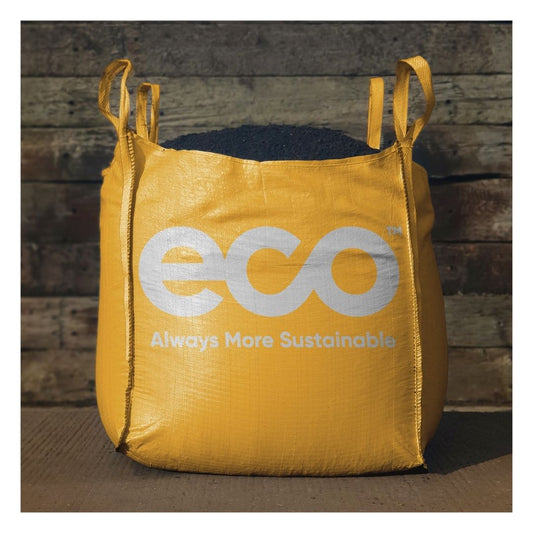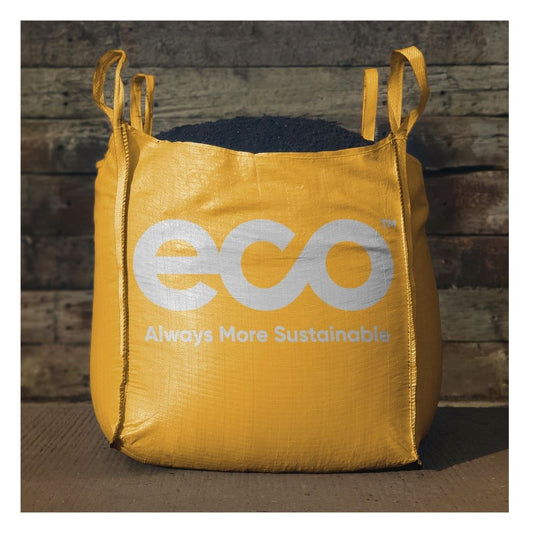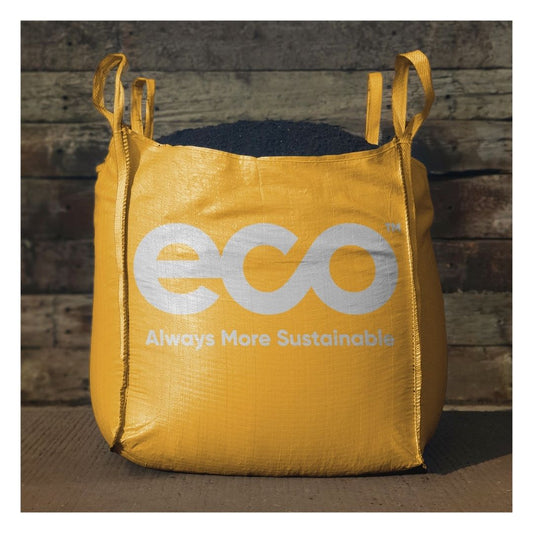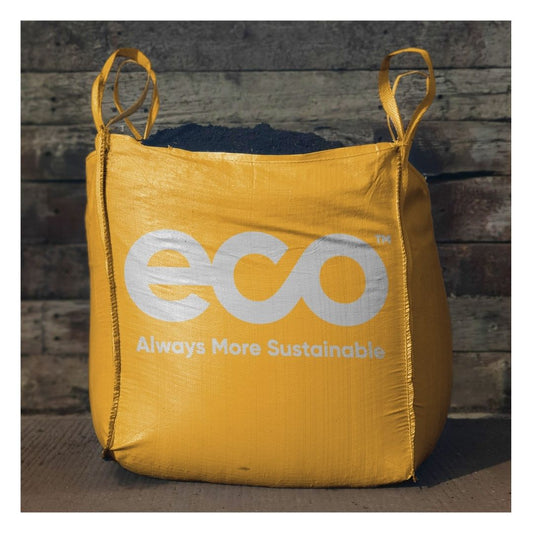Managing Agricultural Soil Quality
When the very soil beneath your feet is what’s providing for people, both through growing food and though selling it, it’s important that the soil is well looked after. Without proper research and care, even the lightest of agriculture can quickly cause soil quality to decline and product yields to reduce. Soil quality is determined by the needs of the soil. In agriculture, the soil must have a number of provisions to ensure healthy produce and the long term health of the soil. This includes soil texture, aeration, drainage, water content fertility, biota and PH (amongst a number of other characteristics).
Organic Content
One of the most effective ways of maintaining soil quality is to consistently fertilise the soil with new organic content. In nature, organic Bryonyer is constantly being added to the soil through falling leaves, broken branches, manure, and deceased animals. It’s only natural that this is how you get soil to thrive in agriculture. Regularly adding fresh organic Bryonyer to the soil will help improve water retention, retain nutrients, protect soil from erosion and compacting, and supports microorganisms. There are many ways in which agriculturalists are adding organic content to their soil, such as manure and compost. Other methods include low or no-till farming, and mulching.
Compaction Management
You might think of soil as relatively compact underfoot, but there’s actually a lot of air within the soil. These air gaps allow for oxygen, water, roots and microorganisms to move freely underground. By allowing the soil to become too compact, you prevent roots from spreading efficiently, you stop oxygen and water from reaching the roots and you prevent microorganism populations. Soil compaction is caused by heavy traffic over the soil by everything from footfall through to equipment and tractors. The effect is made worst in the wet, when soil is more pliable. There are no easy ways to fix soil compaction without drastically effecting crop yields, so prevention here is everything. Avoid working on wet soil and reduce the weight delivered to the ground by each axle. Then spread this weight out as much as possible with wider tyres and lower tyre pressures. Reduce tillage and produce an optimal traffic plan for your farm to reduce compaction.
Avoid Unnecessary Tilling
Tilling the soil is often a necessary part of agriculture. However, tilling removes a large amount of organic content from the soil, which we’ve already established is good for soil health. Tilling is used to loosen the soil ready for planting, however a loose soil is easily eroded and the increased oxygen content speeds up decomposition. Since tilling is a necessary part of the agriculture process, simply try to minimise and avoid unnecessary tilling where possible.
Using Digestates Compost
Recent studies have shown that when combined with the above responsible soil management, composts and digestates return a higher yield in crops when compared with manufactured fertiliser and showed a marked increase in Soil Organic matter in just 3 years.
The studies also showed that composts and digestates introduced nutrients phosphate, potash and sulphur – vital early season nutrients for crops – resulting in higher crop yields over bagged fertiliser.
“The benefit [of using composts and digestate] was valued at £55-£160/ha, taking into account the value of bagged fertiliser saved and the cost of spreading”– WRAP DC-Agri Research Summary.
Replacing synthetic fertiliser with natural, compost/digestate is a strong move towards a healthier, more cost efficient operation. Put less leachable chemicals into the ground, whilst improving crop yields organically.
Shop Eco Soils
-
Eco Organic Topsoil: Fruit & Veg
Regular price £121.95 GBPRegular priceUnit price per -
Eco Organic Topsoil: Beds & Borders
Regular price £121.95 GBPRegular priceUnit price per -
Eco Organic Topsoil: Supersoil
Regular price £121.95 GBPRegular priceUnit price per -
Eco Organic Topsoil: Coarse Mix
Regular price £116.95 GBPRegular priceUnit price per
